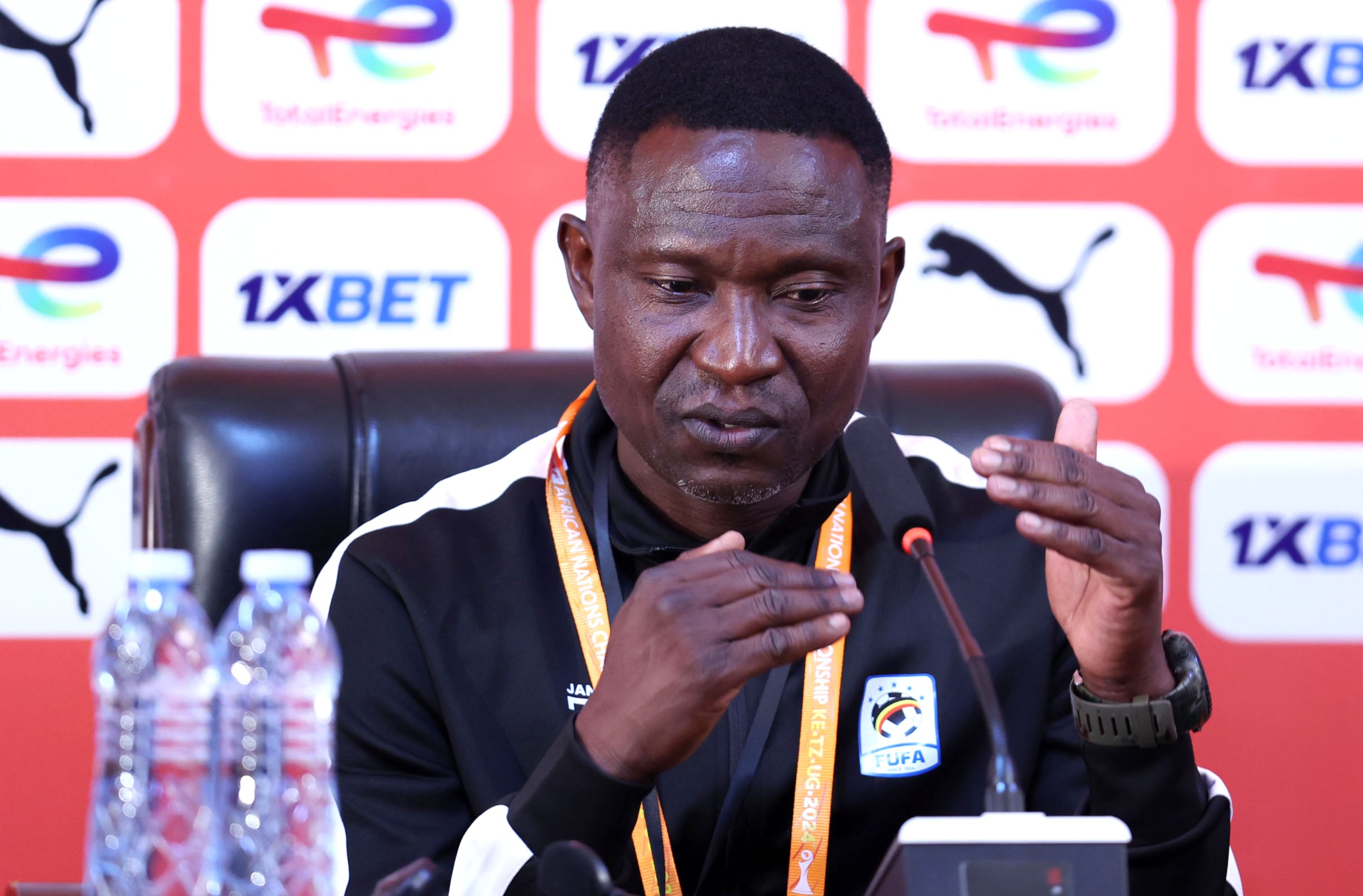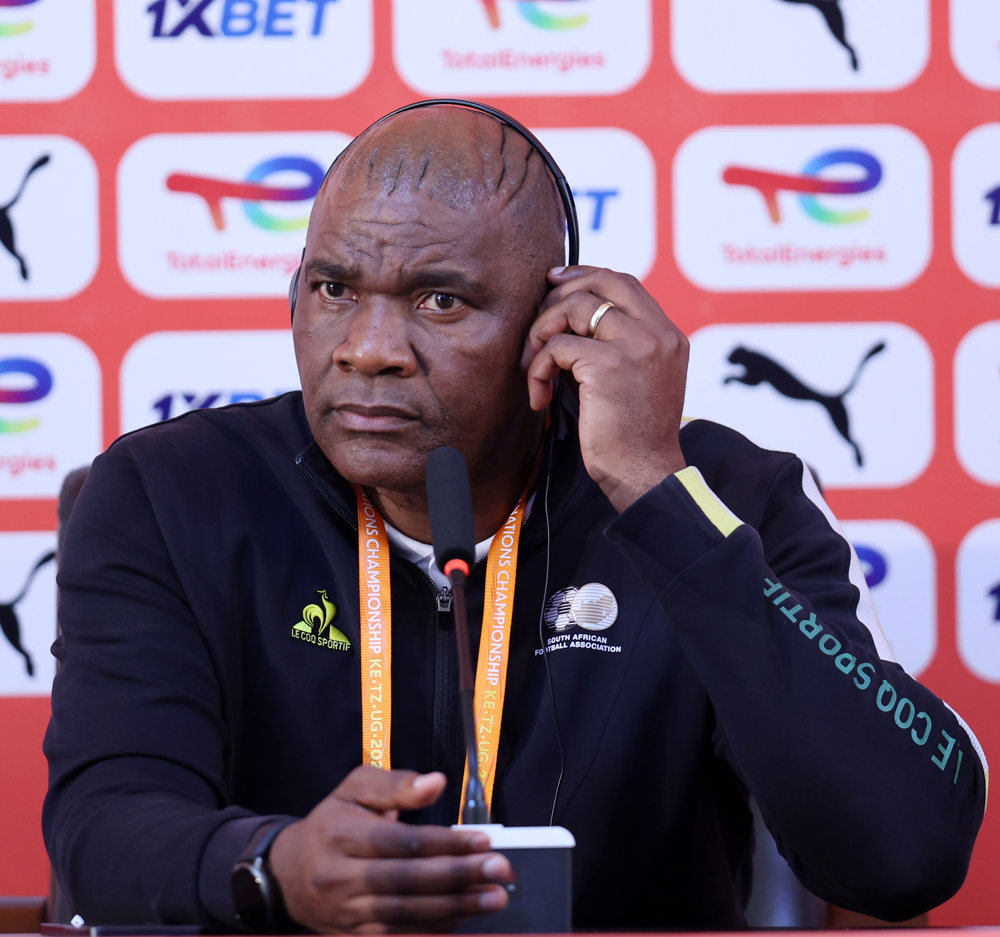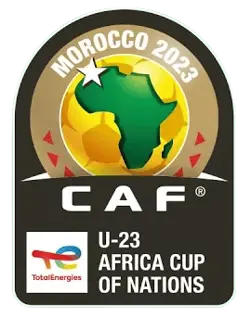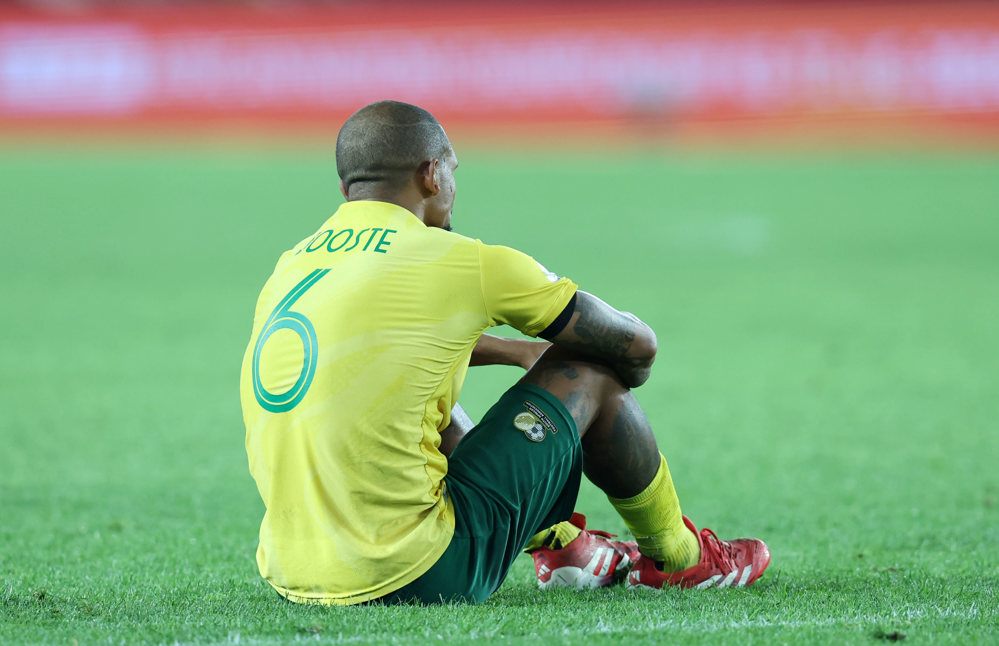South Africa coach Ntseki proud in defeat, Byekwaso celebrates redemption

There are matches where statistics scream dominance, yet the scoreboard tells a harsher truth. At the Mandela National Stadium in Kampala, South Africa and Uganda played out a pulsating 3-3 draw in their final Group C clash at the TotalEnergies African Nations Championship (CHAN) 2024.
The numbers suggested Bafana Bafana should have advanced, but the drama belonged to the Cranes, who defied pressure, belief, and the odds to book their place in the quarter-finals.
A Night of Contrasting Missions
South Africa came into the tie knowing that victory alone would carry them into the knockouts. Uganda, still reeling from an opening defeat, were under pressure to respond in front of their own people.
The Mandela Stadium, packed with a sea of red, yellow and black, created a cauldron of noise that mirrored the intensity on the pitch.

Tactically, both managers showed their hands early. Molefi Ntseki went with a traditional 4-4-2, trusting in physicality and direct play.
Morley Byekwaso countered with a 4-2-3-1 system, one that gave his Cranes the flexibility to soak up pressure and exploit moments of chaos.
The stage was set for a clash not just of teams, but of philosophies.
When Numbers Mislead
On paper, South Africa looked the stronger side. They commanded 55% possession, strung together 303 passes with an 80% success rate, and looked sharper in transitions.
Uganda, by contrast, completed just 214 passes with 70% accuracy.
But football is played on emotions as much as mathematics. Uganda’s resilience showed when it mattered most — twice holding their nerve from the penalty spot in the dying minutes to claw back into the contest and secure the draw.
The drama was the perfect reminder of football’s eternal truth: domination without efficiency is merely decoration.

Ntseki’s Mixed Emotions
For South Africa’s Molefi Ntseki, it was a bittersweet evening. His team scored three goals and created chances, yet walked away eliminated. After the match, he voiced both pride and regret.
“We made the substitutions for a reason, and even though not everyone had the chance to showcase their value, I am proud of everyone’s effort. We scored three goals, but in the end, we dropped points that were practically in our hands.”
Ntseki hinted at frustration over key moments, particularly those decided by VAR, but refused to place blame solely outside his team.
Instead, he commended his players’ fight under trying circumstances.

Byekwaso’s Redemption Song
If Ntseki’s tone carried disappointment, Byekwaso’s voice radiated relief. Uganda’s coach, who had endured criticism after the opening-day defeat, found redemption in front of his home crowd.
“I recall that at the start of the tournament, we lost our first game. It was a sad moment, but we kept believing. Today, here we are, through to the next stage.”
Byekwaso credited belief, confidence, and the maturity of his squad.
He singled out his captain’s leadership in stepping up to take the decisive penalties, moments that spoke to character and courage under pressure.
A Classic to Remember
In the end, the 3-3 draw will be remembered less for who advanced and more for how it unfolded.
South Africa leave with pride bruised but reputation intact, while Uganda march on, buoyed by belief and backed by a nation.
The Mandela Stadium roar will live long in the memory — proof that African football thrives not just on results, but on the unforgettable stories written under the lights.
















